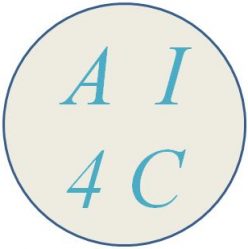Le prochain séminaire aura lieu le 24 Janvier à 14h30 au campus Pierre et Marie Curie de Sorbonne Université dans la salle 105 du LIP6 couloir 25-26 au 1er étage.
La présentation de Eniko Szekely est intitulée:
« A direct approach to detection and attribution of climate change »
Abstract:
In this talk I will present a novel statistical learning approach for detection and attribution (D&A) of climate change. Traditional optimal D&A studies try to directly model the observations from model simulations, but practically this is challenging due to high-dimensionality. Here, we propose a supervised approach where we predict a given metric or external forcing directly from the high-dimensional spatial pattern of climate variables, and use the predicted metric as a test statistic for D&A. The first part of the talk will focus on daily detection and show that we can now detect climate change from global weather for any single day since spring 2012. The second part of the talk will focus on attribution of climate change. For attribution, we want the prediction of the external forcing, e.g., anthropogenic forcing, to work well even under changes in the distribution of other external forcings, e.g., solar or volcanic forcings. Therefore we formulate the optimization problem from a distributional robustness perspective, and use anchor regression to ensure good predictions even under such distributional changes.
Notice Biographie:
Eniko is a senior data scientist at the Swiss Data Science Center, EPFL & ETH Zurich, working on machine learning for climate science. Previously, she was a postdoctoral researcher at the Courant Institute of Mathematical Sciences, New York University, and she obtained her PhD in Computer Science from the University of Geneva, Switzerland. Broadly she is interested in machine learning for high-dimensional data and nonlinear phenomena arising from dynamical systems. More recently she has been working on using machine learning and statistical learning approaches for climate science, and has been involved in the organization of the Climate Informatics workshop since 2015.
